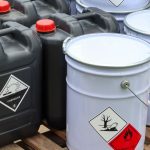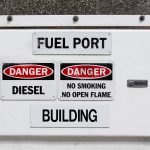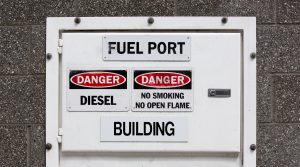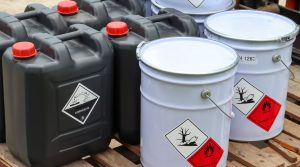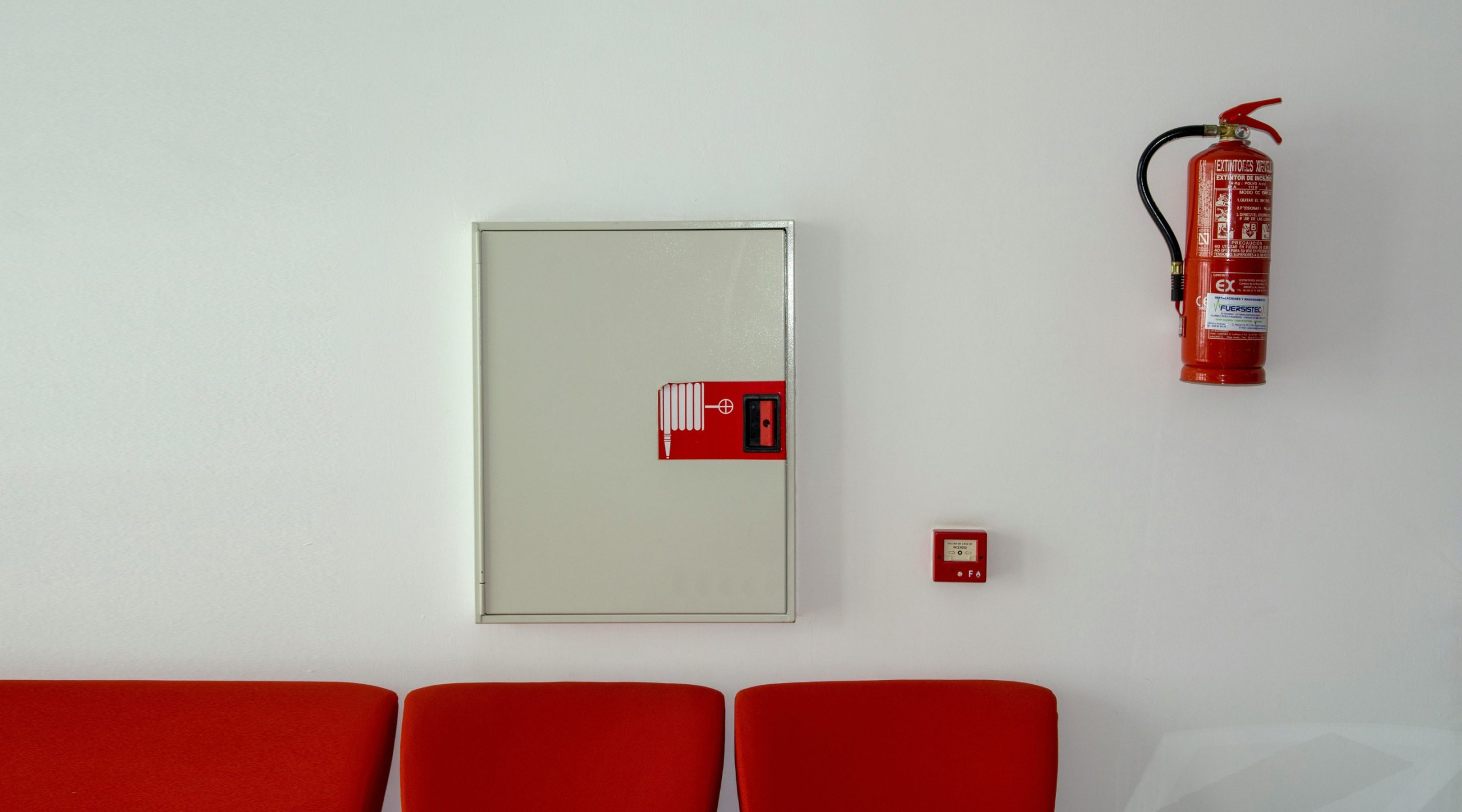
How to Choose the Best Fire Alarm System for Your Industry
Introduction
Selecting a fire alarm system that aligns with your industry’s specific requirements is a crucial decision that impacts safety, compliance, and operational continuity. Every industry has unique fire risks, regulatory standards, and facility layouts that influence the choice of an appropriate system. Understanding these factors will help you make an informed decision that enhances protection and minimizes potential fire hazards.
Assess Industry-Specific Fire Risks
Different industries face distinct fire hazards, making risk assessment the first step in selecting a fire alarm system. For example:
Manufacturing Facilities: These environments often involve flammable materials, high-heat machinery, and electrical equipment, requiring advanced fire detection solutions like heat and flame detectors.
Healthcare Facilities: Hospitals and clinics need a system that minimizes false alarms while ensuring patient safety, incorporating voice evacuation and interconnected alarms.
Hospitality and Commercial Buildings: Hotels and offices must balance fire safety with guest comfort, utilizing systems with addressable fire detection for precise location tracking.
Warehouses and Logistics Centers: Large spaces require multi-zone detection with smoke and heat sensors optimized for high ceilings and ventilation systems.
Educational Institutions: Schools and universities require comprehensive systems that integrate with public announcement and emergency evacuation plans.
Understand Fire Alarm System Types
Fire alarm systems come in different types, each suited for various applications:
Conventional Fire Alarm Systems: Ideal for small businesses or low-risk environments, these systems divide a building into zones where alarms signal the affected area.
Addressable Fire Alarm Systems: More sophisticated and used in larger industries, these systems provide precise information about the exact location of a fire, reducing response time.
Wireless Fire Alarm Systems: Suitable for businesses that require flexible installation, especially in historical or expansive buildings where wiring is challenging.
Hybrid Fire Alarm Systems: Combining wired and wireless technologies, these systems provide versatility for industries requiring both fixed and adaptable solutions.
Compliance with Regulations and Standards
Ensuring compliance with industry regulations is non-negotiable when choosing a fire alarm system. Some key standards include:
National Fire Protection Association (NFPA) Standards
Occupational Safety and Health Administration (OSHA) Guidelines
Local Building Codes and Fire Safety Regulations
Working with a certified fire protection professional can help verify that your system meets all legal and safety requirements.
Integration with Other Safety Systems
Modern industries rely on integrated safety solutions that connect fire alarms with:
Sprinkler systems
Emergency lighting
Access control systems
Security and surveillance systems
Choosing a fire alarm system that seamlessly integrates with these components ensures a comprehensive safety approach.
Scalability and Maintenance Considerations
A fire alarm system should not only meet current needs but also accommodate future expansion. Industries experiencing growth must consider scalable systems that allow for additional devices and sensors without requiring a complete overhaul. Additionally, maintenance is a critical factor; systems should support regular testing, remote monitoring, and quick servicing to ensure continuous reliability.
Selecting a Reliable Fire Alarm System Provider
Partnering with a reputable fire alarm system provider is crucial. Look for vendors who offer:
Certified products that meet industry standards
Customizable solutions tailored to specific industry needs
Professional installation and training services
Ongoing technical support and maintenance
Conclusion
Choosing the best fire alarm system for your industry involves careful assessment of fire risks, compliance requirements, system types, and integration capabilities. By investing in the right system, businesses can enhance workplace safety, protect assets, and ensure regulatory compliance. Collaborating with experienced fire safety professionals will further streamline the selection process and guarantee a tailored fire protection strategy for your industry.

